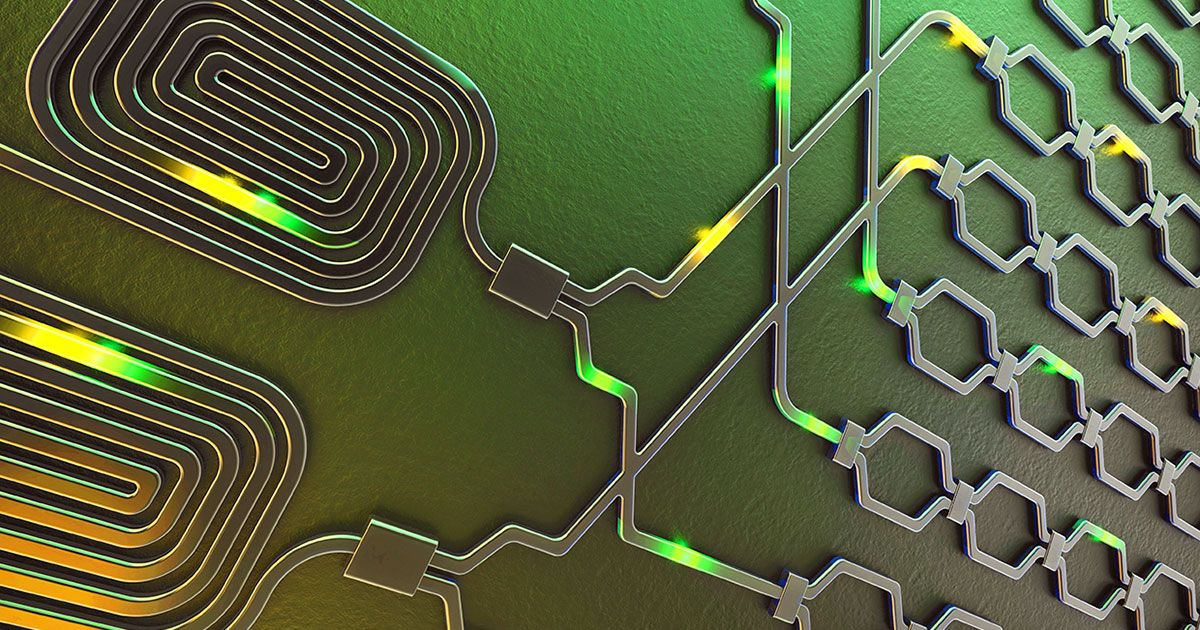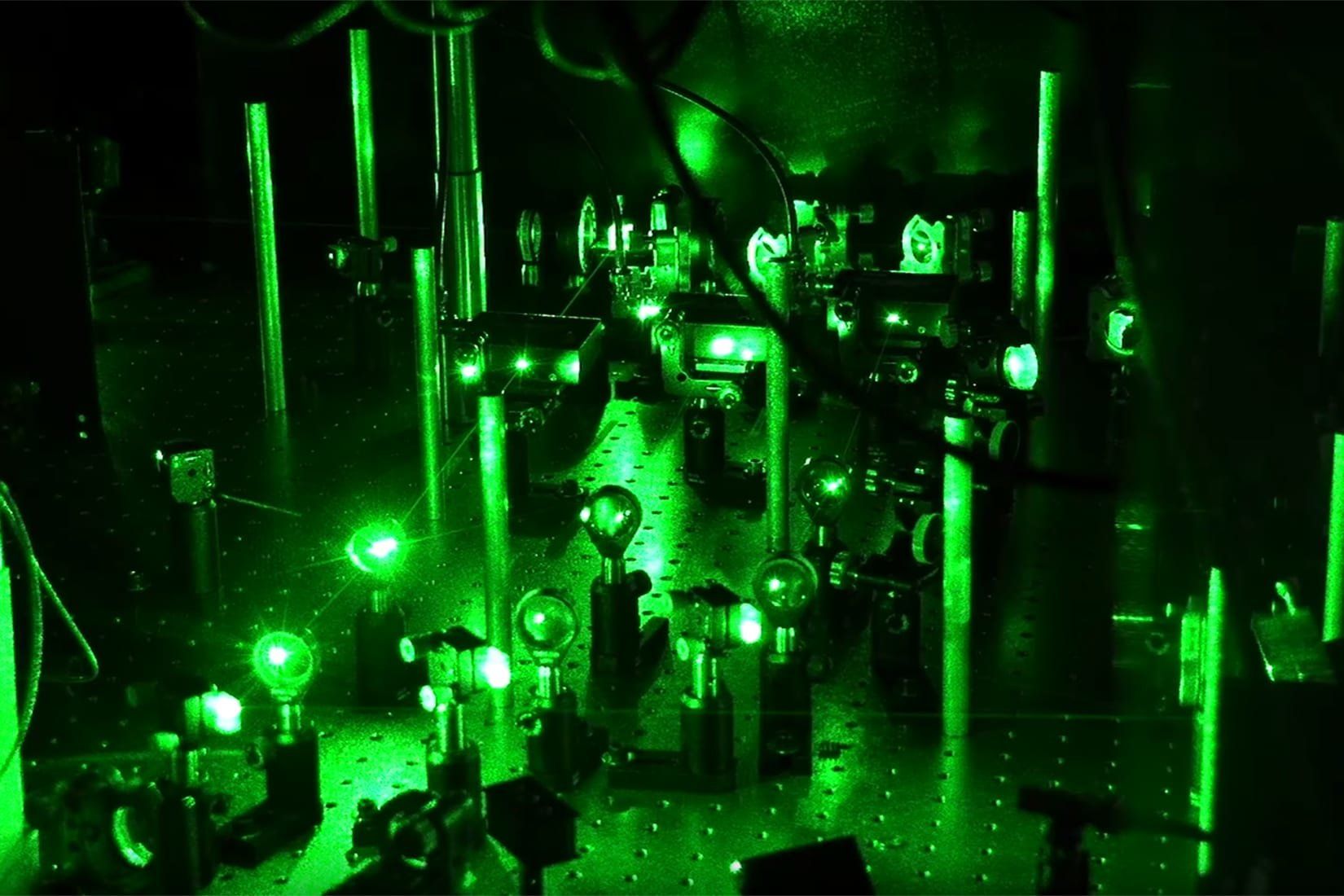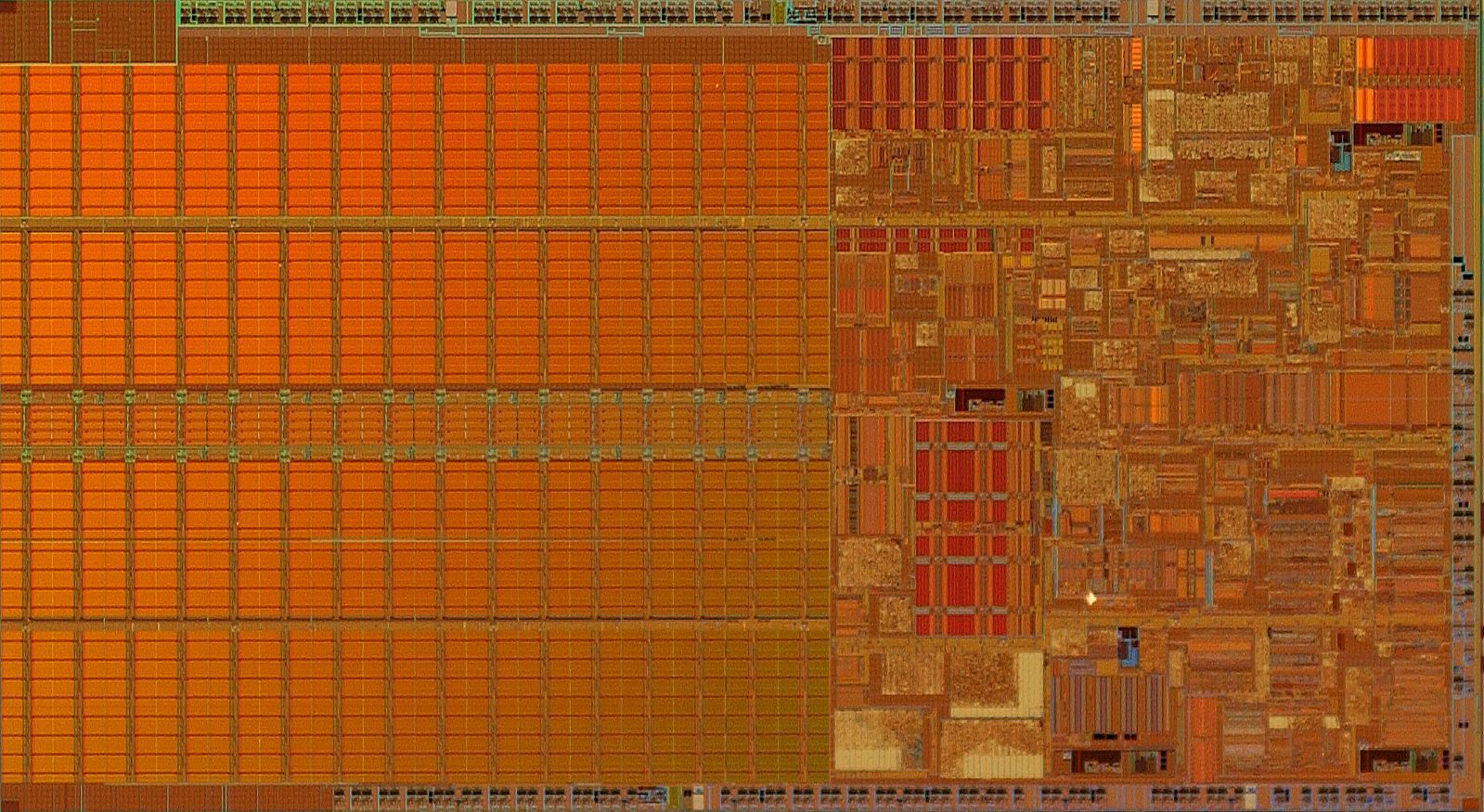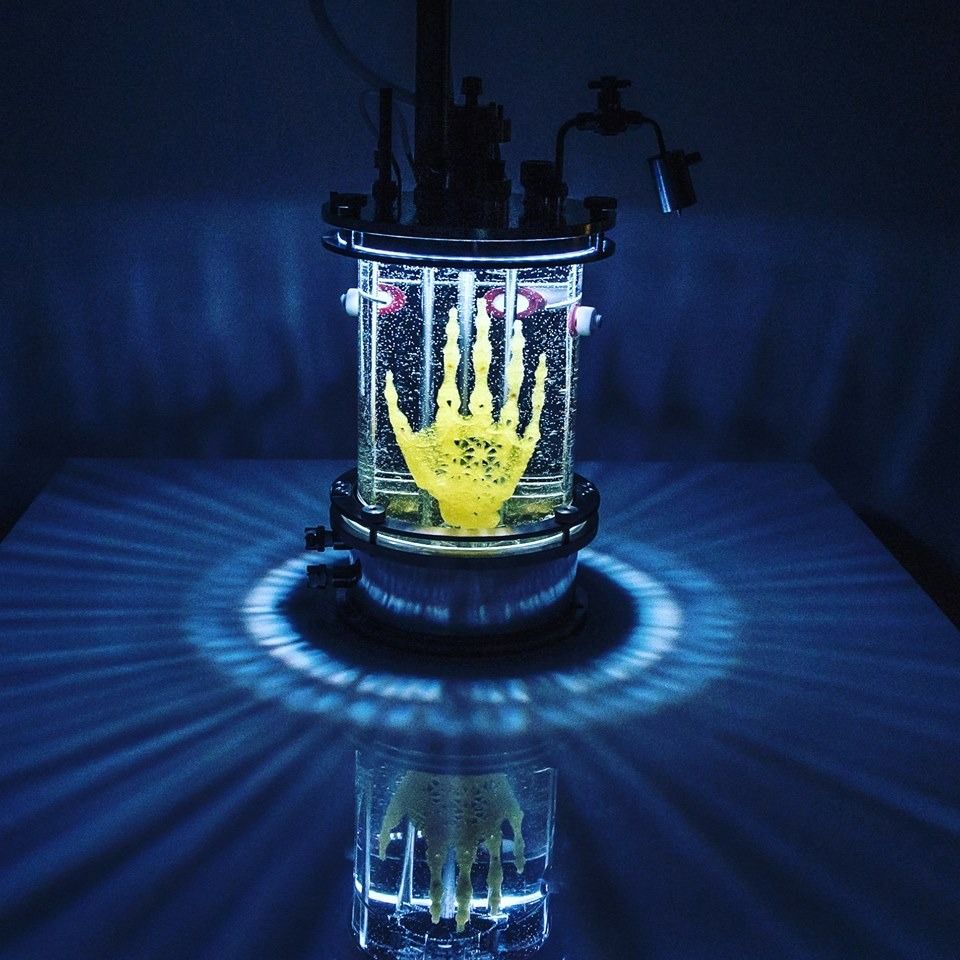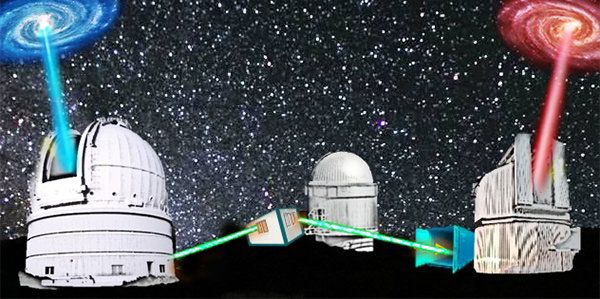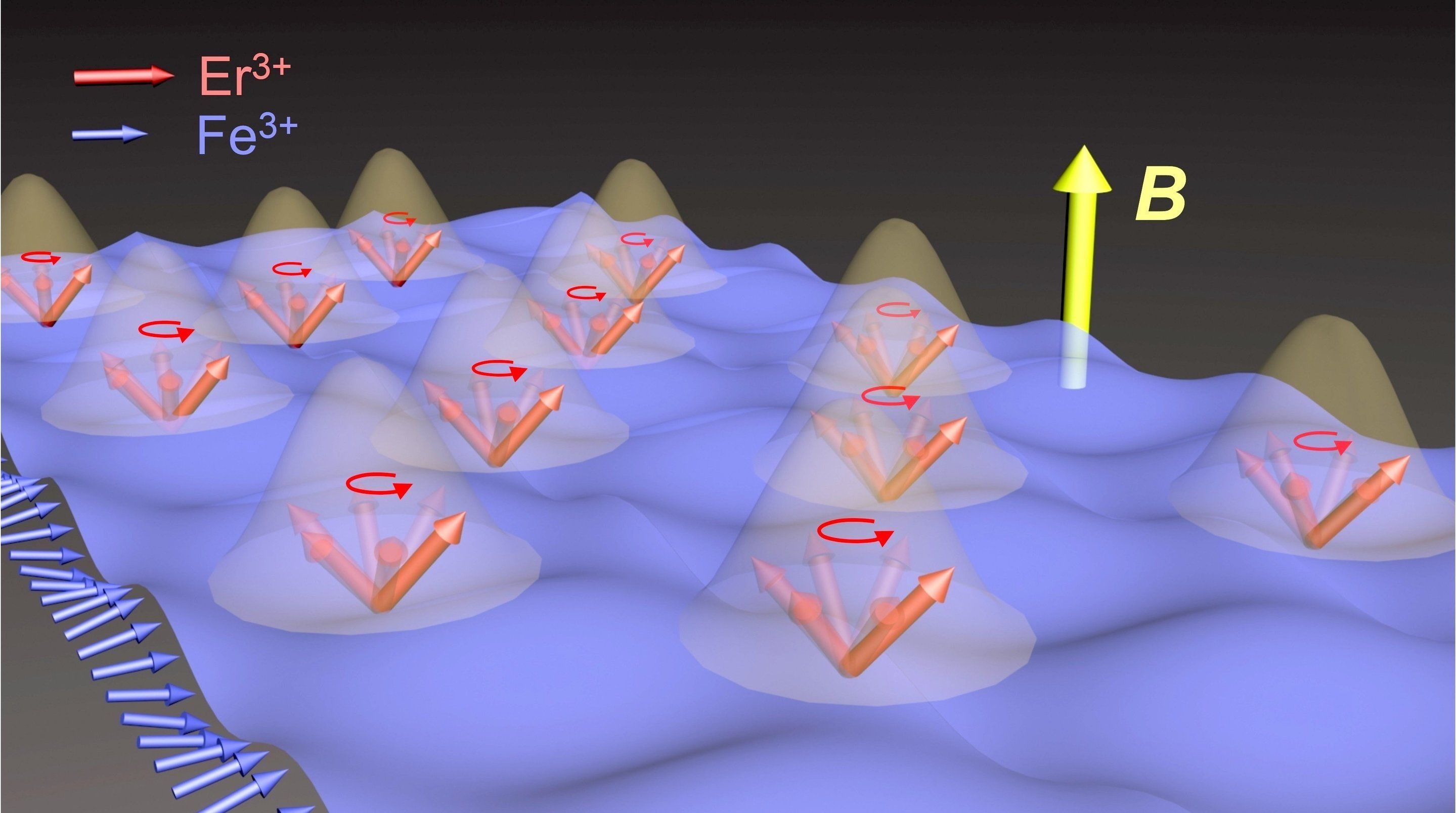Archive for the ‘computing’ category: Page 669
Sep 4, 2018
Ultracold atoms used to verify 1963 prediction about 1-D electrons
Posted by Genevieve Klien in categories: computing, nanotechnology, particle physics
Rice University atomic physicists have verified a key prediction from a 55-year-old theory about one-dimensional electronics that is increasingly relevant thanks to Silicon Valley’s inexorable quest for miniaturization.
“Chipmakers have been shrinking feature sizes on microchips for decades, and device physicists are now exploring the use of nanowires and nanotubes where the channels that electrons pass through are almost one-dimensional,” said Rice experimental physicist Randy Hulet. “That’s important because 1D is a different ballgame in terms of electron conductance. You need a new model, a new way of representing reality, to make sense of it.”
With IBM and others committed to incorporating one-dimensional carbon nanotubes into integrated circuits, chip designs will increasingly need to account for 1D effects that arise from electrons being fermions, antisocial particles that are unwilling to share space.
Aug 31, 2018
How L1 and L2 CPU Caches Work, and Why They’re an Essential Part of Modern Chips
Posted by Shailesh Prasad in categories: computing, innovation
Ever been curious how L1 and L2 cache work? We’re glad you asked. Here, we deep dive into the structure and nature of one of computing’s most fundamental designs and innovations.
Aug 30, 2018
The New Science of Seeing Around Corners
Posted by Genevieve Klien in categories: computing, science
Computer vision researchers have uncovered a world of visual signals hiding in our midst, including subtle motions that betray what’s being said and faint images of what’s around a corner.
Aug 29, 2018
Second Coming 2.0: Church Taxes Will Help Resurrect Jesus with 3D Bioprinting
Posted by Zoltan Istvan in categories: 3D printing, bioprinting, computing, life extension, quantum physics, transhumanism
My new article just out: The transhuman future of Quantum Archaeology & living forever is complicated, but it could still be funded by Christians if they rallied around resurrecting Jesus with 3D Bioprinting and Super Computers:
Aug 29, 2018
Manmade mangroves could get to the ‘root’ of the problem for threats to coastal areas
Posted by Bill Kemp in categories: computing, engineering, habitats
With threats of sea level rise, storm surge and other natural disasters, researchers from Florida Atlantic University’s College of Engineering and Computer Science are turning to nature to protect humans from nature. They are developing innovative ways to guard coastlines and prevent scouring and erosion from waves and storms using bioinspired materials that mimic mangrove trees found along shores, rivers and estuaries in the tropics and subtropics. Growing from a tangle of roots that twist their way out of the mud, mangrove trees naturally protect shorelines, shelter coastal ecosystem habitats and provide important water filtration. In many cases, these roots trap sediments flowing down rivers and off the land, helping to stabilize the coastline.
Certain mangrove root systems even have the ability to dissipate tidal energy through unique hydrological flows and divert the energy of water in different directions reducing risk of coastal damage. Yet, to date, few studies have examined the fluid dynamics such as flow structure and drag force on mangrove roots.
For a study, published in the American Physical Society’s journal, Physical Review Fluids, researchers singled out the red mangrove tree (Rhizophora mangle) from more than 80 different species of mangroves, because of its robust network of roots that can withstand extreme environmental conditions. The red mangrove provided the researchers with an ideal model for bioinspired shoreline applications.
Aug 28, 2018
Intel’s latest 8th-Gen Core processors focus on improving Wi-Fi speeds
Posted by Genevieve Klien in categories: computing, internet
At IFA 2018, Intel showed off the latest members of its 8th-Gen processor family: the Y-series Amber Lake chips and U-series Whiskey Lake models. Both lines are focused on improving internet speeds with integrated gigabit Wi-Fi.
Aug 27, 2018
Physicists race to demystify Einstein’s ‘spooky’ science
Posted by Bill Kemp in categories: computing, encryption, mobile phones, neuroscience, quantum physics, science, space
When it comes to fundamental physics, things can get spooky. At least that’s what Albert Einstein said when describing the phenomenon of quantum entanglement—the linkage of particles in such a way that measurements performed on one particle seem to affect the other, even when separated by great distances. “Spooky action at a distance” is how Einstein described what he couldn’t explain.
While quantum mechanics includes many mysterious phenomena like entanglement, it remains the best fundamental physical theory describing how matter and light behave at the smallest scales. Quantum theory has survived numerous experimental tests in the past century while enabling many advanced technologies: modern computers, digital cameras and the displays of TVs, laptops and smartphones. Quantum entanglement itself is also the key to several next-generation technologies in computing, encryption and telecommunications. Yet, there is no clear consensus on how to interpret what quantum theory says about the true nature of reality at the subatomic level, or to definitively explain how entanglement actually works.
According to Andrew Friedman, a research scientist at the University of California San Diego Center for Astrophysics and Space Sciences (CASS), “the race is on” around the globe to identify and experimentally close potential loopholes that could still allow alternative theories, distinct from quantum theory, to explain perplexing phenomena like quantum entanglement. Such loopholes could potentially allow future quantum encryption schemes to be hacked. So, Friedman and his fellow researchers conducted a “Cosmic Bell” test with polarization-entangled photons designed to further close the “freedom-of-choice” or “free will” loophole in tests of Bell’s inequality, a famous theoretical result derived by physicist John S. Bell in the 1960s. Published in the Aug. 20 issue of Physical Review Letters, their findings are consistent with quantum theory and push back to at least 7.
Continue reading “Physicists race to demystify Einstein’s ‘spooky’ science” »
Aug 24, 2018
Research team finds evidence of matter-matter coupling
Posted by Genevieve Klien in categories: computing, particle physics, quantum physics
After their recent pioneering experiments to couple light and matter to an extreme degree, Rice University scientists decided to look for a similar effect in matter alone. They didn’t expect to find it so soon.
Rice physicist Junichiro Kono, graduate student Xinwei Li and their international colleagues have discovered the first example of Dicke cooperativity in a matter-matter system, a result reported in Science this week.
The discovery could help advance the understanding of spintronics and quantum magnetism, Kono said. On the spintronics side, he said the work will lead to faster information processing with lower power consumption and will contribute to the development of spin-based quantum computing. The team’s findings on quantum magnetism will lead to a deeper understanding of the phases of matter induced by many-body interactions at the atomic scale.
Continue reading “Research team finds evidence of matter-matter coupling” »
